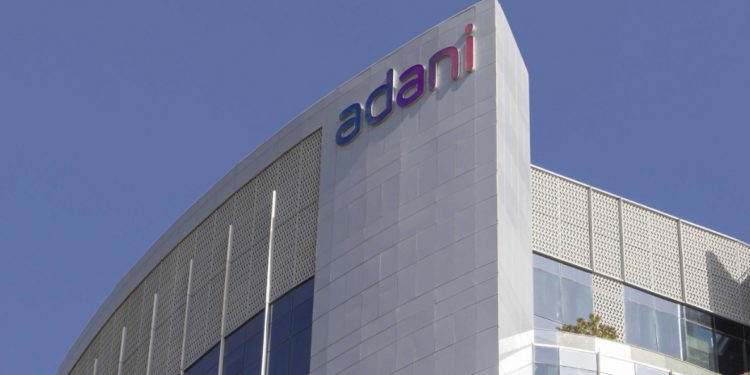It would be wrong for the BJP-led NDA government to dismiss as the Opposition’s disruptive tactic the furore in the Parliament over the indictment of billionaire businessman Gautam Adani and his associates by the US Department of Justice for allegedly offering bribes to officials in a number of states ruled by the Opposition including Orissa and also Jammu & Kashmir while it was under Central rule. This expose was unkind to both the BJP as also parties that were seemingly opposing it, thereby proving the old adage true that money is sweeter than honey. Similarly, it would be foolhardy to accept at face value the Adani group’s denial that there was any wrongdoing. Unlike the Hindenburg Research report, which the group had rubbished as the work of a short seller with business interests of its own, this time it is a key US department and its top investigative agencies that have brought the charges based on substantive evidence. The Justice department got involved because Adani group has been raising huge amounts of money from the US market. The offences allegedly committed are very serious: conspiracy to violate the US Foreign Corrupt Practices Act (FCPA) and efforts to obstruct investigation by the FBI and US Securities and Exchange Commission (SEC). The case underscores the heightened scrutiny of global financial transactions and corporate ethics, especially in the renewable energy sector.
The whole saga of alleged corruption of monumental proportions involving bribing Indian government officials for unlawful gains, manipulating share markets and “duping” investors in the US does not simply tarnish the image of a business tycoon, but also indirectly casts aspersions on Indian regulators and system of justice. The question that automatically arises is what the Indian market regulator, Securities and Exchange Board of India (SEBI) was doing when such alleged colossal fraud was being perpetrated. The role of the justice system has also come under a question mark. In other words, the reputation of the government of India that claims to have zero tolerance towards corruption is in tatters. That is why the Central government needs to immediately announce a probe into the web of corruptions purportedly committed by several government officials and inaction by market regulators. More so because Gautam Adani is known to be a close friend of the Prime Minister for years since the latter was Chief Minister of Gujarat. The government has to come clean, instead of maintaining a stoic silence on the issue that has already touched several countries, including France and Kenya.
The US administration has already charged the Adani group with violations of US laws that prohibit corrupt transactions with foreign entities. This makes it all the more necessary since the government has been very prompt in using its agencies to probe allegations of corruption against Chief Ministers of Opposition-ruled states and Opposition leaders. The same alacrity is required to be shown in the case of Adani and his associates for their murky activities in states like Orissa and Andhra.
The BJP has not covered itself with glory by publicly rallying behind the Adani group and using its social media platforms to create confusion that the US has no authority to frame the group for alleged violations of Indian laws. The fact is the FCPA empowers the US government to go into allegations of corruption by any company in any other country using and mobilising funds from US investors. The evidence collected for the 54-page indictment appears to be irrefutable as the investigators had accessed the personal email accounts of the accused and other documents.
Interestingly the BJP seems totally disinterested to move against the state governments named by the US Dept of Justice for corruption as that would imply the bribe giver too getting dragged into the investigation, if ever conducted.
Already, Kenyan President William Ruto cancelled a procurement process that had been expected to award control of the country’s main airport to Adani. In Bangladesh, a panel examining power generation contracts, including one with Adani Power, urged the interim government to hire a global legal firm to ensure a thorough and transparent investigation into previous deals. French energy major TotalEnergies has decided that it will not make “any new financial contribution” as part of its partnership with the Adani group till the accusations against the firm’s individuals in the US and their consequences have been clarified.
It would be in the greater interest of India and fitness of things for the government to concede the Opposition’s demand for a Joint Parliamentary Committee (JPC) probe. If the Adani group has nothing to hide and the government is in no way involved in the case, the JPC is the answer to redeem the country’s image in the international money market. Otherwise, this taint could easily carry over to other genuine Indian companies that may require funds from foreign markets in future.






































